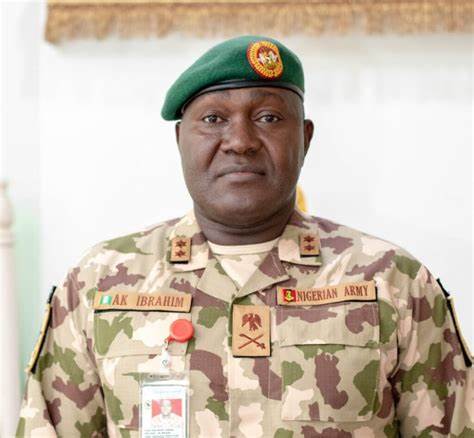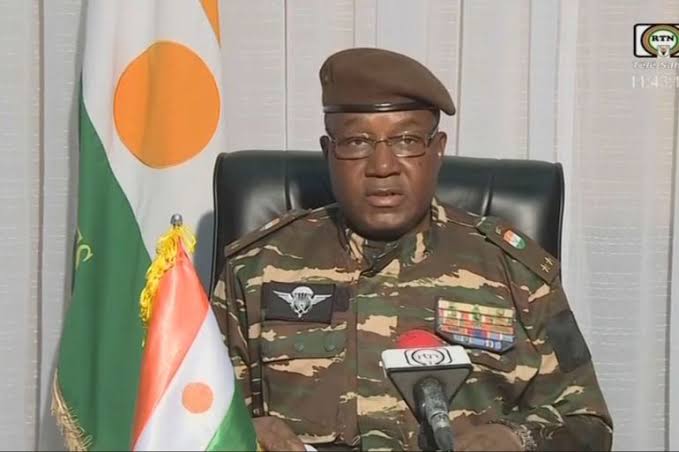
…From Coup to Realignment
By Onoja Baba
As political power tussle and alignments continue to reshape Africa, few countries embody the continent’s shifting tides and Niger is undoubtedly one. Once a quiet player in regional affairs, Niger has become a flashpoint of military coups, international realignments, and geopolitical power plays. At this critical juncture, it is imperative to examine what the Sahel country was, what it has become, and what the future may hold, not just for its people, but for West Africa and the global order.

As of June 2025, Niger remains under the control of a military junta, led by General Abdourahamane Tchiani, who was formally sworn in as president in March.
This follows the July 2023 coup that ousted democratically elected President Mohamed Bazoum.

The coup has significantly altered Niger’s political arrangements, leading to strained regional relations, shifting international alliances, and internal policy changes.
On July 26, 2023, members of Niger’s Presidential Guard detained President Bazoum, citing government mismanagement and security failures.

General Tchiani declared himself the leader of a new military junta, suspending the constitution and dissolving state institutions.
The coup was met with widespread condemnation from the international community, including the African Union, ECOWAS, and Western nations.

In response to the coup, ECOWAS imposed sanctions on Niger, including border closures, suspension of financial transactions, and threats of military intervention if constitutional order was not restored.
Mali and Burkina Faso, both under military rule, warned that any military action against Niger would be considered a declaration of war, leading to heightened regional tensions.

In September 2023, Niger, Mali, and Burkina Faso formed the Alliance of Sahel States (AES), a mutual defence pact aimed at countering external threats and reducing dependence on Western alliances.
The AES has since aligned more closely with Russia, seeking military and economic support.
The coup led to a reevaluation of foreign military presence in Niger. France and the United States withdrew their troops, while Italy maintained a limited presence focused on border surveillance.
Russia has increased its influence in the region, with the Wagner Group providing support to the Nigerien military.
Under Tchiani’s leadership, Niger has pursued policies aimed at modernizing the military, promoting economic growth, and combating corruption.
In February 2025, a national conference recommended banning existing political parties and establishing a five-year transition to civilian rule.
The junta has also expelled international organizations and foreign officials, signalling a move towards greater self-reliance.
The security situation in Niger remains precarious, with ongoing threats from extremist groups such as ISIS and al-Qaida affiliates. In March 2025, an attack near the border with Mali and Burkina Faso resulted in 44 civilian deaths.
The withdrawal of Western military support has raised concerns about the country’s ability to manage these threats effectively.
The junta has taken steps to assert control over Niger’s natural resources, revoking mining rights from foreign companies and renegotiating contracts. These actions aim to increase national revenue but have also led to tensions with international investors.
As Niger goes through its post-coup trajectory, questions remain about the country’s political stability, economic viability, and regional relationships. The planned five-year transition to civilian rule is viewed with skepticism by some observers, and the effectiveness of the AES in addressing security and governance challenges is yet to be determined.
The international community continues to monitor developments in Niger, balancing concerns over democratic governance, regional stability, and counterterrorism efforts.
The coming years will be critical in determining whether Niger can achieve a stable and prosperous future under its current leadership.
categories
recent posts
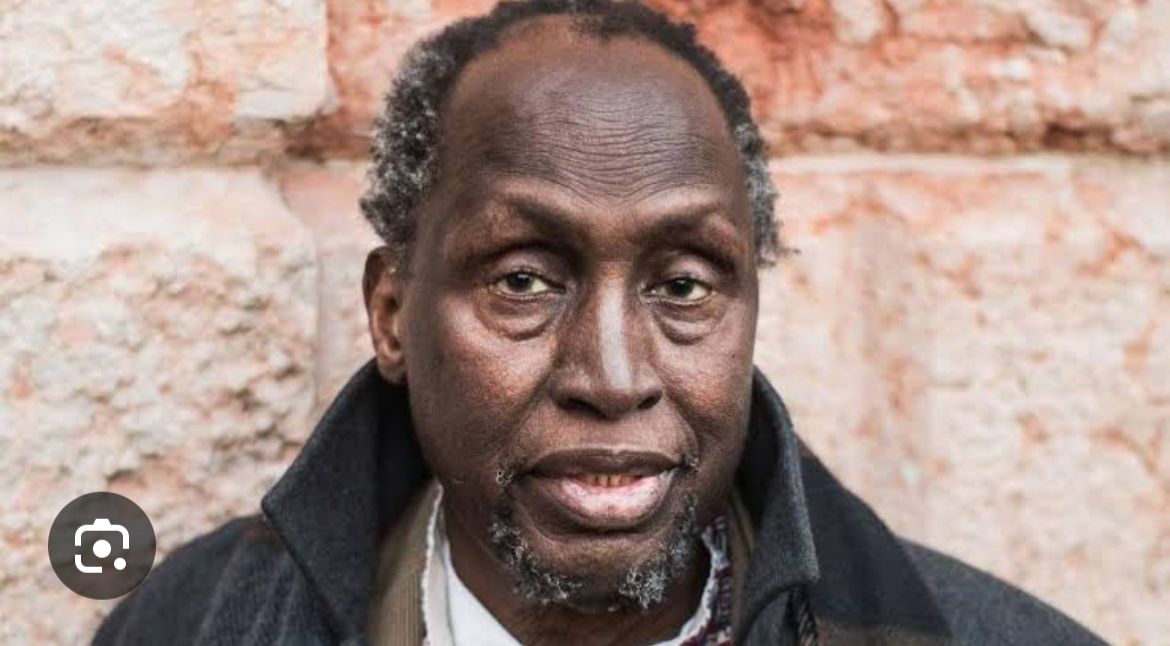
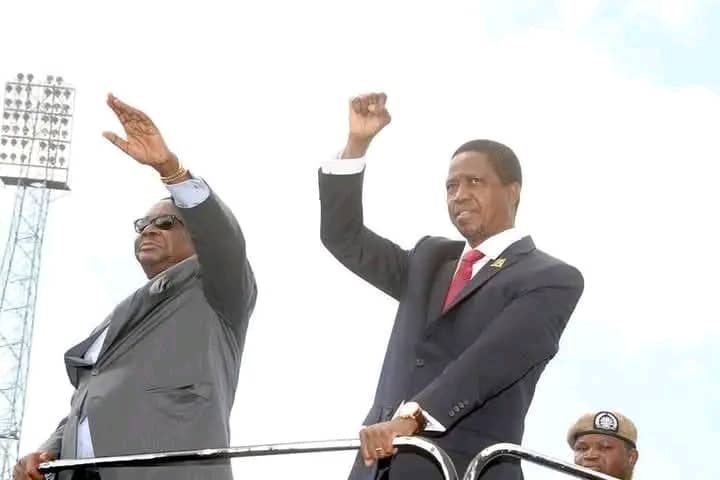
Former Malawi President Mutharika Mourns Zambia’s Edgar Lungu

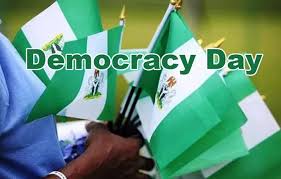
NIGERIA: Federal Government Announces Activities For 2025 Democracy Day
